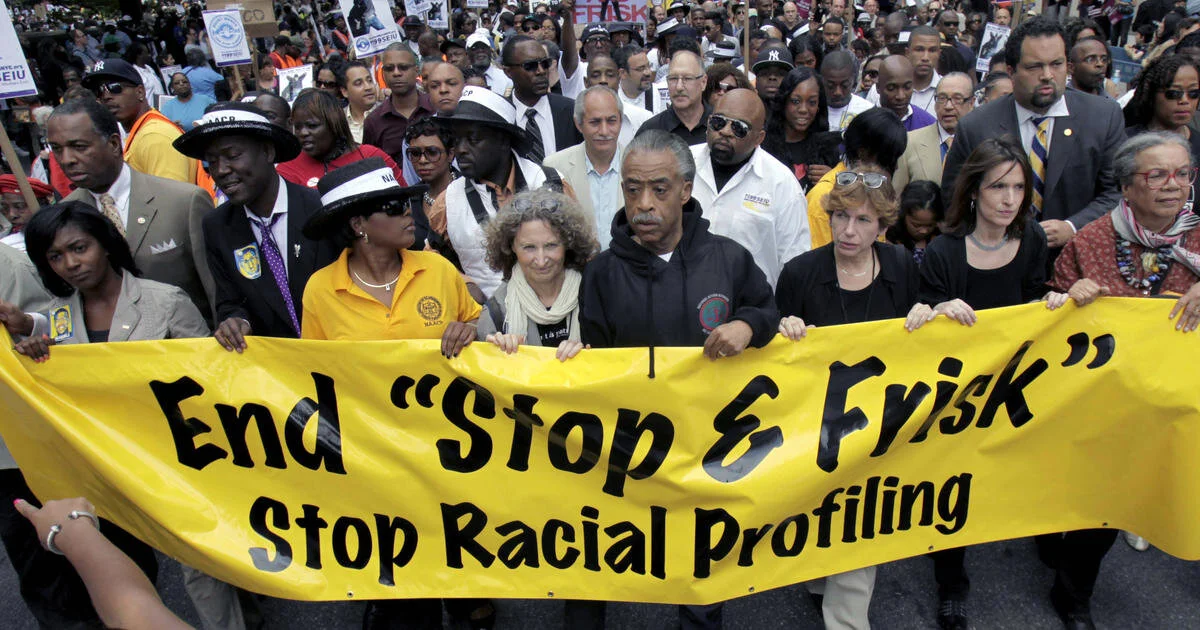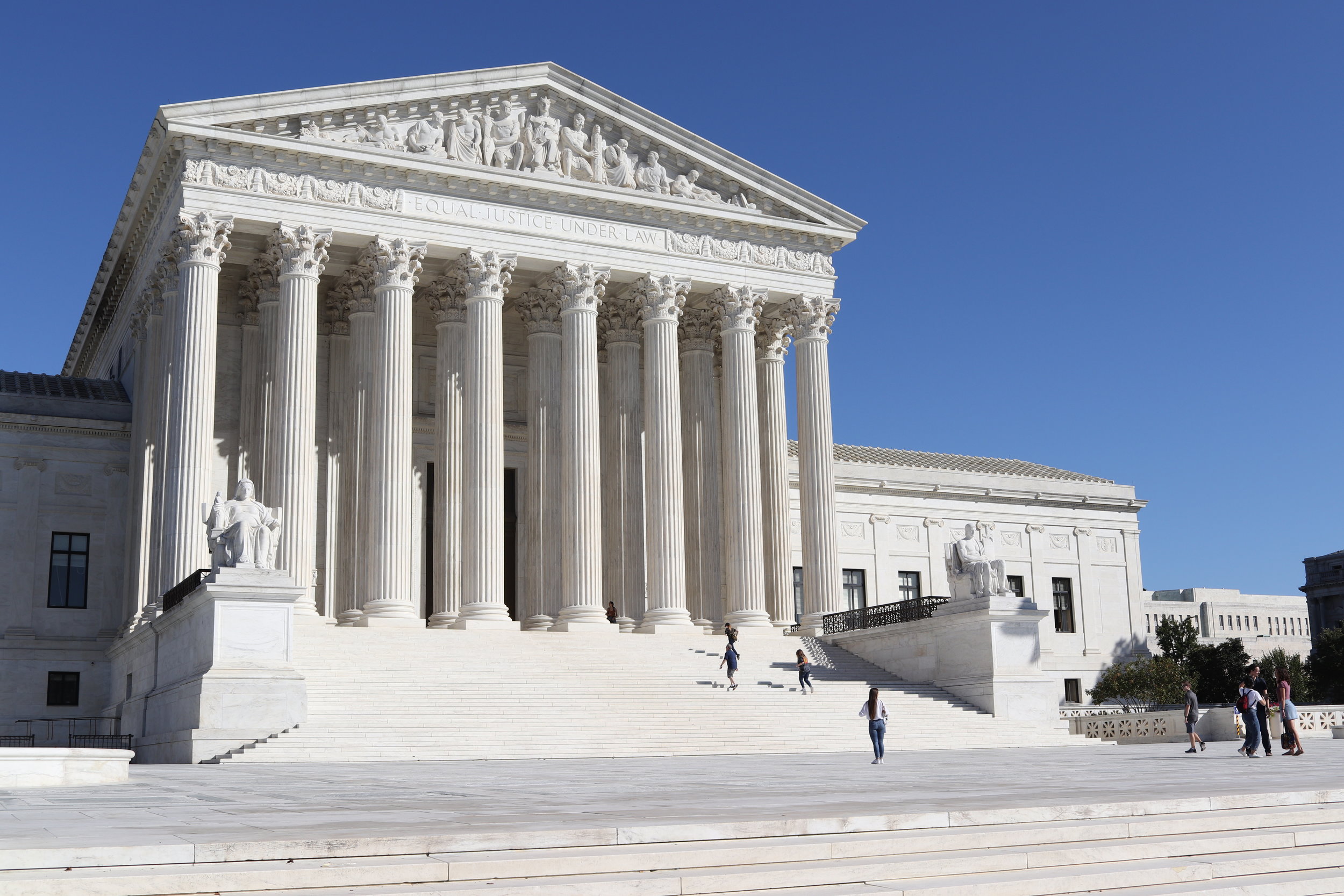Florida may soon execute a man convicted of murder largely on the testimony of another man with whom he shared a jail cell. The problem? The informant, an ex-cop, has a decades-long long record of fraud and deception. A joint report by ProPublica and the New York Times Magazine says Paul Skalnik may be one of the most prolific jailhouse snitches in the country. But the use of such informants to bolster flimsy cases is widespread.
Read MoreYears before Ferguson, the well-publicized beating of a black teen by three white police officers exposed a deep racial divide in Pittsburghers' perceptions of, and experiences with, law enforcement. On its tenth anniversary, David Harris explores the Jordan Miles case and its aftermath in a new book -- A City Divided: Race, Fear and the Law in Police Confrontations.
In this special episode, Dave sits down with producer Josh Raulerson to discuss what the incident can teach us about race, human perception, and the militarization of policing.
Read MoreThe National Initiative for Building Community Trust and Justice began just a year after Ferguson. The Initiative aimed to improve criminal justice outcomes and police-community relations in six cities. Now the results are in. Did it work? And what can we learn as we look for ways to improve our whole system?
Read MoreWe often hear that police work requires split-second responses to keep officers and the public safe. But this might be less true than we think. Can we build a better cop, by training them to slow things down?
Read MoreMany people make their social media posts public. Everyone can see them, like a signed billboard visible anywhere in the world. So, what should we think when we learn that *some* police officers, in some departments, have been posting racist messages or memes endorsing violence, visible to anyone on the Internet?
Read MoreWith every police shooting of an unarmed civilian, we hear calls for civilian oversight of police. But just creating an oversight agency is no magic bullet. What does a civilian review board need to succeed? What’s the evidence on the success of civilian oversight?
Read MoreEarlier this month, police killed four people on a South Florida highway: two robbery suspects, their apparent hostage, and a bystander. Whether they were right to do so is being fiercely debated. But as Dave tells the Washington Post, the key question is whether the officers' actions were in line with department policies.
Read MoreWe try to solve the problem of mass incarceration by eliminating mandatory sentences, or by getting rid of cash bail. But what about a better method of providing criminal defense services? Could this cut prison and jail populations, AND secure public safety? There’s a way to do this: use a holistic model for criminal defense services.
Read MoreSen. Cory Booker has mostly progressive positions on criminal justice reform, but the one that really distinguishes him is his emphasis on aging prison populations and what happens to former inmates after they've left the system.
Read MoreRecommended: NPR's November 4 report on the release of hundreds of prisoners in Oklahoma after their sentences were reduced by the state's Pardon and Parole Board.
Read MoreDid you know that police officers in eight states also double as prosecutors? Dave recommends The Appeal's October 10 report by Julia Rock and Harry August.
Read MoreA few days after jumping into the Democratic presidential primary field, former New York City mayor Michael Bloomberg disavowed and apologized for stop-and-frisk, the law enforcement policy that defined his administration. But only a few years ago, Bloomberg was warning of dire consequences if a federal court were to block the practice. In this members-only bonus episode, posted just after Bloomberg's campaign launch but before his 180 on stop-and-frisk, Dave underscores just how wrong Bloomberg was.
Read MoreIn the U.S., our prisons are full of people raised in the poorest neighborhoods, who only had access to the worst schools. So what happens when they can enter a first-class college program – inside prison?
Read MoreFour Pittsburgh teens, accused of a crime they did not commit, spent months in jail despite having an ironclad alibi. What happened? Dave discusses the case on 90.5 WESA's The Confluence.
Read MoreDon't miss Dave's interview next week (11/19) with filmmaker Lynn Novick, whose new documentary explores higher education from the perspective of incarcerated people.
In place of another interview this week, we're taking a moment to clear our backlog of listener questions, new developments in stories we've covered, and show news.
Read MoreFormer congressman John Conyers, who died at 90 on October 27, left office under a cloud. But he also left an important legacy for criminal justice reform: the "pattern or practice" statute that gave the Justice Department authority to go after law enforcement agencies engaged in unconstitutional practices like racial profiling.
Read MoreSeveral notable criminal justice cases are before the U.S. Supreme Court in the session that began September 30. Here's everything you need to know.
Read MoreNot only does Donald Trump's personal lawyer maintain that the president doesn't have to comply with a federal subpoena -- he's argued that Trump couldn't be investigated or prosecuted even if he really did shoot someone on Fifth Avenue.
Read MoreThe U.S. uses solitary confinement like no other country in the world, and nowhere more than the Supermax prison in Colorado. Solitary damages prisoners' minds, and the U.N. has called it torture. What happens when prisoners leave Supermax?
Keegan Hamilton is a senior reporter at Vice News.
Read MoreSen. Bernie Sanders was decades ahead of the Democratic party on the core ideas that now define progressive consensus on criminal justice reform. Now that the times have caught up with him, what is Bernie proposing? And can he succeed?
Read More



















